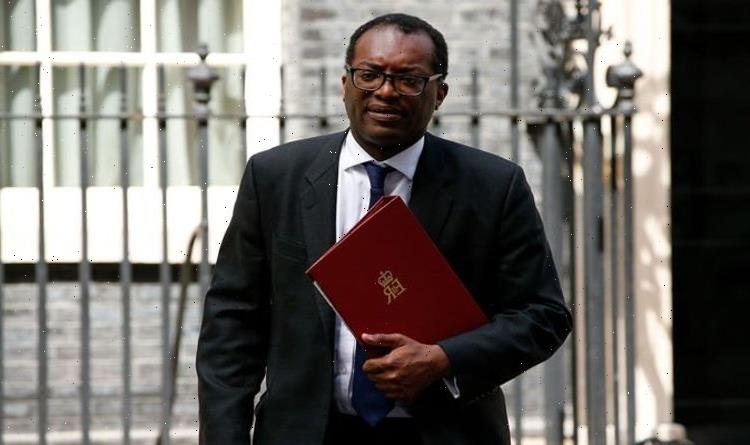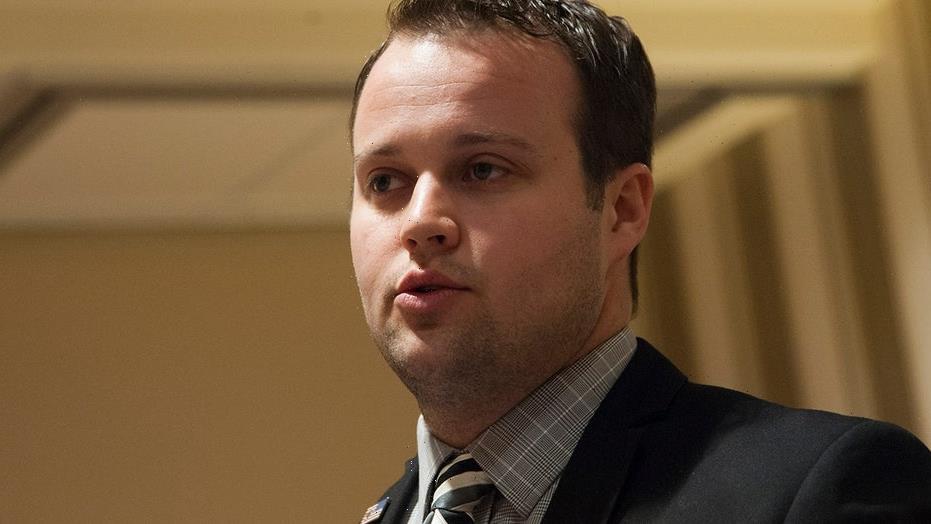Nissan 'loves' being in Sunderland says Kwasi Kwarteng
We use your sign-up to provide content in ways you’ve consented to and to improve our understanding of you. This may include adverts from us and 3rd parties based on our understanding. You can unsubscribe at any time. More info
The Government has today published its strategy to “kick start a world-leading hydrogen economy” in the UK. Laying out the plans, Mr Kwarteng said it will support over 9,000 UK jobs and unlock £4billion worth of investment by 2030. It builds off the back of Prime Minister Boris Johnson’s Ten Point Plan to supercharge a “green industrial revolution” after Brexit to help the UK reach its legally binding net zero target by 2050.
Speaking to Express.co.uk, Mr Kwarteng said today’s paper is “way more comprehensive than anything the EU has ever come up with”.
He added: “I read their strategy when it came out and it was really quite limited in scope, about 10 pages.
“It was all about electrolysis-produced hydrogen, green hydrogen.
“Ours is way bigger in scope and ambition than the EU strategy and there are two elements that make it different.


“One is that we are manufacturing what is known as blue hydrogen as well as green.”
Hydrogen can be made either using methane, with the emissions captured and stored, classed as “blue,” or through electrolysis, considered “green” if renewable electricity is used.
Last year, the European Commission adopted a new dedicated strategy on hydrogen in Europe.
The strategy explores how producing and using “green” hydrogen can help decarbonise the EU economy in a cost-effective way, in line with the European Green Deal.
Mr Kwarteng said the EU has not only restricted its options, but their decisions will hit the pockets of European residents.

He added: “In terms of funding, their strategy was simply to use government spending money.
“What we are trying to do is create a market, we will incentivise public investment and private money.
“We are hoping to copy the offshore wind strategy – more than 70 percent is from the private sector.”
Last week a damning study was released claiming blue hydrogen could be dirtier than gas or coal.
But Mr Kwarteng “totally rejects” the findings, joining a long list of other industry experts.
He explained: “We are using carbon capture, so you may as well have blue hydrogen. It is going to be very decarbonised.

“Blue hydrogen is much cheaper than green, so if you are going to create a market, it’s much cheaper to make blue and develop green at the time.
“It will cost far more to just produce green hydrogen to get to the same production volumes.
“The Extinction Rebellion crowd have questions about it, but I think it’s practically the best way to develop the market.
“It’s much cleaner than natural gas.”
Some experts have blasted the scheme as billpayers could feel the economic burden of developing “pointless” technology.
They say the gas will most likely be used in industries like shipping, steel making and fertiliser use – which will reportedly struggle to decarbonise.

As a result, the use of hydrogen for home heating is expected to be concentrated near industrial clusters and not for the general population.
Juliet Phillips, an energy expert at think tank E3G, said: “The risk is that gas payers end up paying for what’s used in a few industrial clusters.
“That doesn’t seem very fair or progressive.”
Sir John Armitt, chairman of the national infrastructure commission, said a carbon price on natural gas would be needed to incentivise its use across the economy.
He said: “The real challenge is that it’s likely to be more expensive than natural gas.”
Decisions over whether these hydrogen energy sources will replace gas boilers will be made by 2026.
The Government is currently carrying out trials to prove the efficacy and safety of hydrogen as a like-for-like replacement for gas boilers and said it would make a decision by 2026.
Source: Read Full Article


